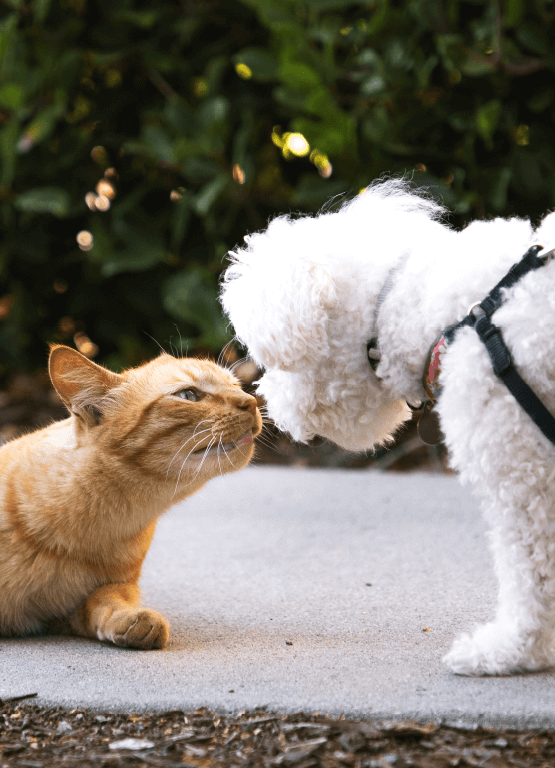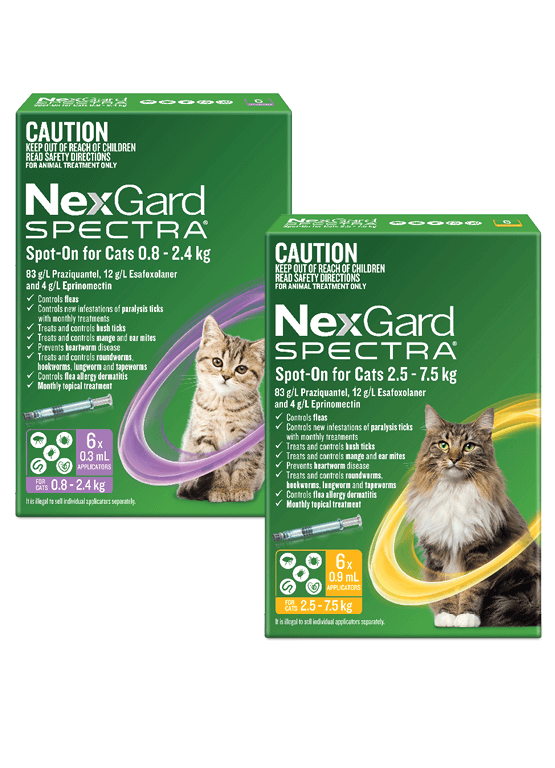Difference between heartworms in cats vs heartworms in dogs
There are some important differences between heartworm in cats and heartworm in dogs. The dog is a natural host for heartworms. This means that heartworms can mature into adults inside dogs and the adult worms then mate and produce offspring. Cats are an atypical host for heartworms and most heartworms in cats do not survive to the adult stage. This doesn't mean that heartworms are not a problem for cats; even without becoming adults, immature heartworm can cause significant lung disease in cats.







